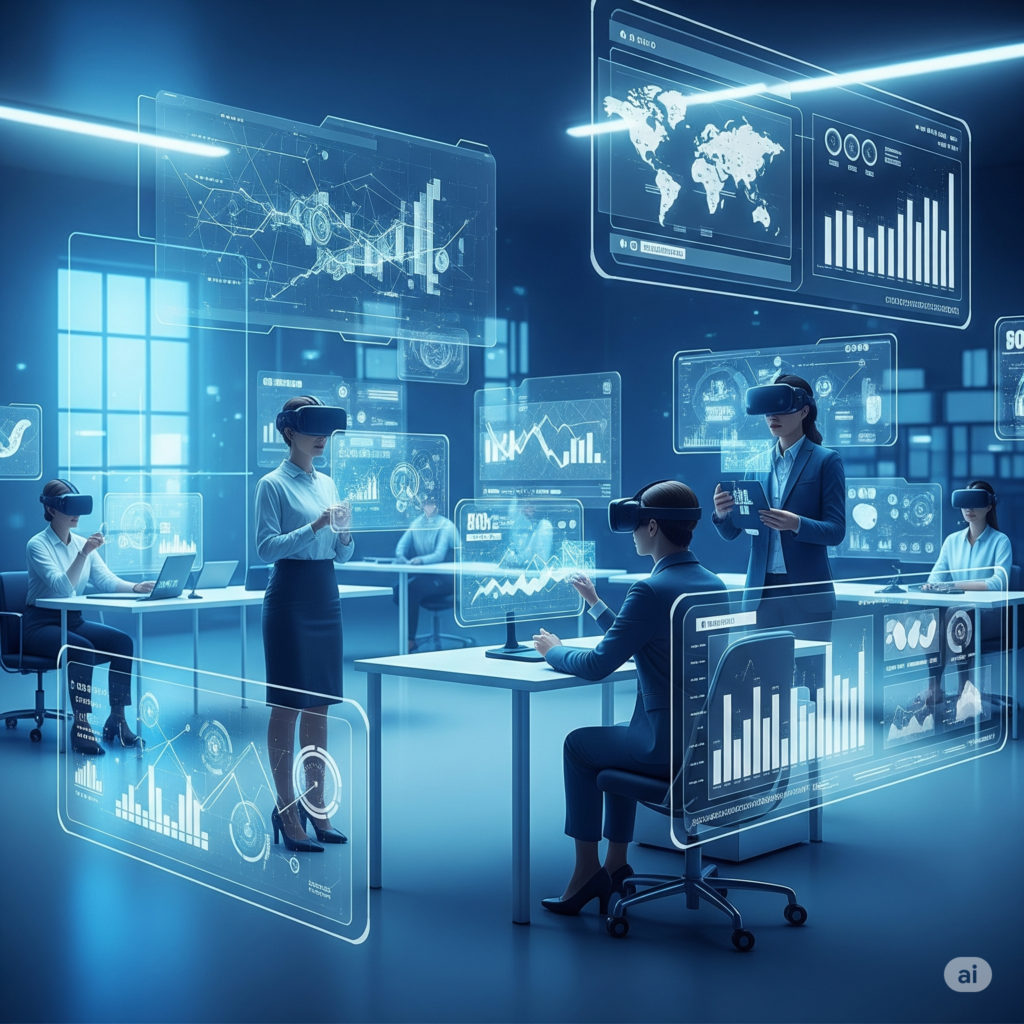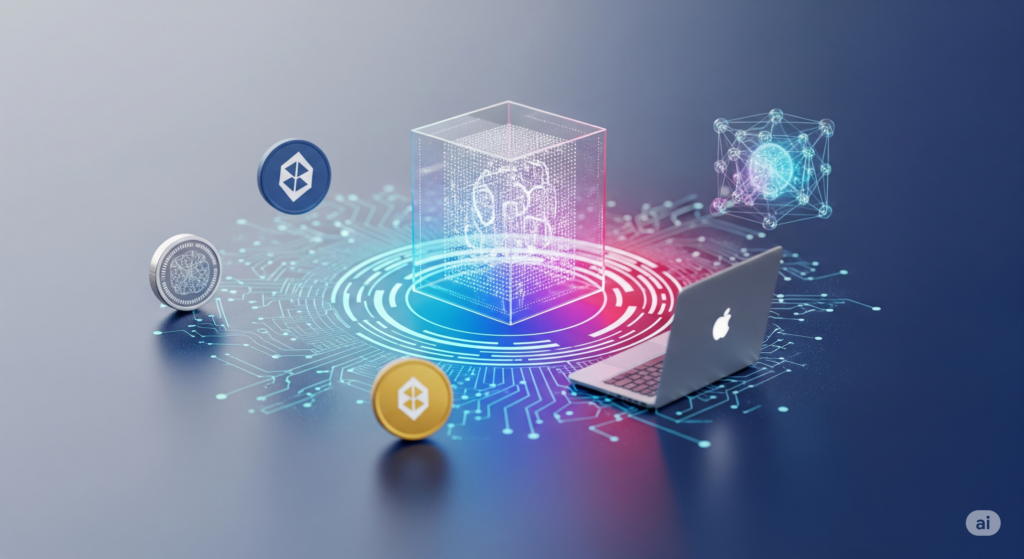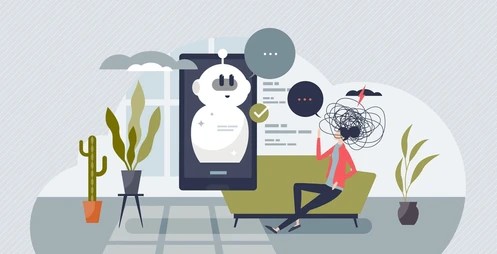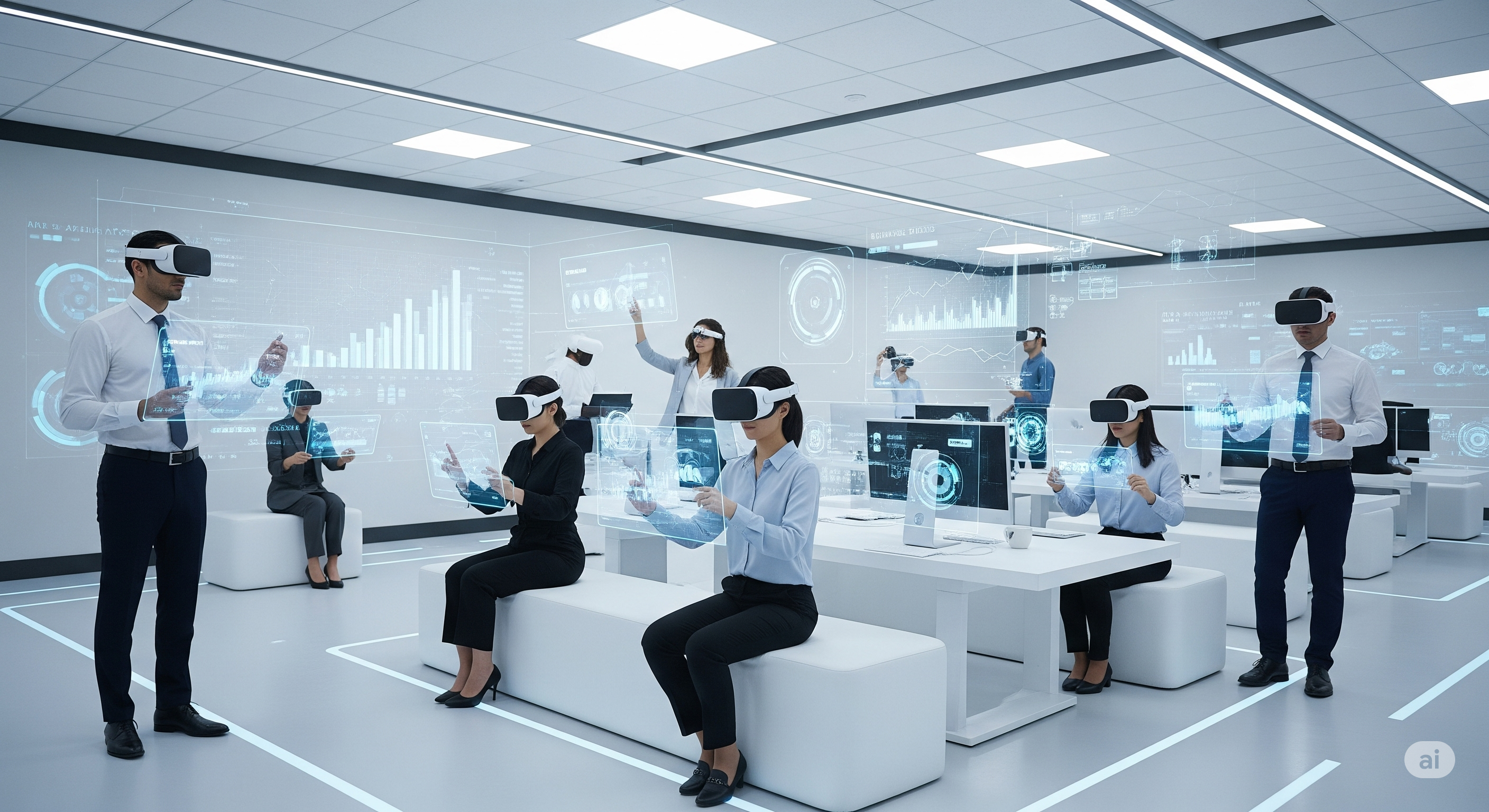The workplace is undergoing seismic shifts driven by rapid technological advancements, evolving workforce future expectations, and global challenges. By 2030 and beyond, organizations will need to navigate a profoundly transformed employment landscape. This blog explores the trends shaping the future of work and how HR professionals can prepare for this dynamic era.
-
The Rise of Automation and Artificial Intelligence
Automation and AI are already revolutionizing industries, and by 2030, their impact will be more pervasive. According to the World Economic Forum (WEF), automation could displace 85 million jobs by 2025 but create 97 million new roles, emphasizing the need for continuous upskilling.
Emerging Roles:
- AI Ethics Specialists to ensure ethical AI deployment.
- Robot Coordinators to manage human-robot collaboration in industries like manufacturing and logistics.
Example:
Companies like Amazon are already leveraging AI-driven robots for warehouse operations while training employees for higher-skilled roles like robotics maintenance.
-
Flexibility Will Dominate Workplace Structures
The pandemic accelerated the shift towards remote and hybrid work models, a trend set to solidify by 2030. Employees will demand greater flexibility, and organizations will adopt non-traditional employment arrangements, including gig work and project-based contracts.
-
Stat:
A McKinsey study found that 58% of employees prefer remote work options, and organizations offering flexibility see 25% higher employee satisfaction.
-
Future Trend:
The concept of a “workplace” may transform into fully virtual environments powered by augmented reality (AR) and virtual reality (VR)

-
Multi-Generational and Global Workforce Integration
By 2030, five generations will coexist in the workplace, with a larger share of Millennials and Gen Z taking leadership roles. Additionally, global connectivity will enable diverse, cross-border teams.
Challenges:
- Balancing diverse work styles and expectations.
- Ensuring inclusivity across cultural and generational divides.
Solution:
Implementing DEI (Diversity, Equity, and Inclusion) strategies alongside continuous education on cultural intelligence.
Example:
Global companies like Unilever already promote cross-border collaborations through digital platforms and cultural sensitivity training.
-
The Skill-Centric Workplace
The traditional concept of jobs tied to roles will give way to skill-based employment. Employers will prioritize capabilities over degrees, creating dynamic career paths based on emerging business needs.
-
Stat:
The WEF estimates that 50% of employees will need reskilling by 2025 due to the evolving skill demands.
-
Key Skills by 2030:
- Advanced data analysis.
- Emotional intelligence.
- Creativity and adaptability.
Example:
Google’s Career Certificates Program allows individuals to gain skills in high-demand areas like UX design and IT without traditional degrees.
The Talent Accelerator’s Live benchmarking tool will be able to deep insights into skills based pay, by highlighting jobs and skills that drive premiums in the market.
-
Sustainability as a Core Business Priority
Climate change and sustainability will increasingly influence workplace practices. Organizations will focus on eco-friendly operations and offer employees opportunities to contribute to sustainability efforts.
-
Stat:
A Deloitte survey revealed that 70% of Gen Z prefer working for companies committed to sustainability.
-
Future Trends:
- Green jobs in renewable energy and carbon management.
- Circular economy models influencing corporate strategies.
Example:
Patagonia has been a pioneer in integrating sustainability with corporate values, engaging employees in environmental advocacy.
-
Technology’s Transformative Role
Emerging technologies like blockchain, quantum computing, and the metaverse will reshape industries and work processes.

-
Blockchain:
Revolutionizing recruitment with tamper-proof credentials and decentralized payroll systems.
-
Metaverse:
Creating immersive collaboration spaces, replacing traditional offices.
Example:
Microsoft’s Mesh for Teams uses AR/VR to enable interactive, virtual team meetings.
Our AI chat bots in our Total Offer Modeler will change the dynamics when making salary offers, by working as an advisor and provide insights and analytics while making an offer
-
Well-Being and Mental Health at the Forefront
The future of work will prioritize holistic employee well-being, recognizing its link to productivity and retention.
-
Stat:
The Global Wellness Institute projects that the workplace wellness market will reach $66 billion by 2025.
-
Future Initiatives:
- Personalized mental health support using AI.
- Flexible schedules designed around employees’ well-being.

Example:
Starbucks offers therapy benefits and financial planning resources to support employee mental and financial health.
-
Preparing for the Unknown
Future shocks like pandemics, geopolitical shifts, or technological disruptions will test organizational resilience. Companies must:
- Build agile systems for rapid adaptation.
- Invest in scenario planning and crisis management.
Conclusion: Building the Workforce of Tomorrow
The future of work will require a proactive approach to adapt to evolving trends. Organizations must:
- Invest in upskilling and reskilling programs.
- Foster a culture of inclusion and innovation.
- Leverage technology to enhance collaboration and productivity.
As 2030 approaches, HR leaders must act as strategic partners, helping organizations navigate these transformations while creating workplaces that attract and retain top talent. By embracing change, businesses can ensure they are prepared for the challenges and opportunities of the next decade.

